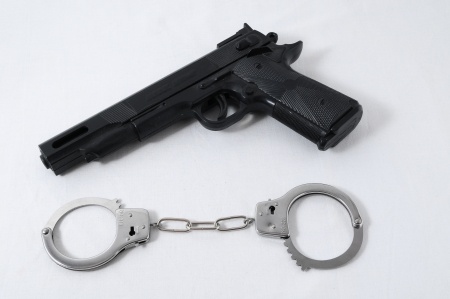On March 5, 2024, the New Jersey Supreme Court decided the case of State v. Isaiah J. Knight. The principal issue concerned the circumstances under which the defense can be compelled to turn over reciprocal discovery to the prosecution.
Justice Pierre-Louis, my Rutgers Law classmate, wrote for the unanimous Court in relevant part: In this appeal, the Court considers whether, pursuant to New Jersey discovery rules, the State can obtain from defense counsel an affidavit that constitutes physical evidence of a crime. On June 1, 2021, Tyzier White was fatally shot as he stood outside of the Neptune Lounge, a bar in Newark. Two men, known by their nicknames as “Zay” and “DJ Neptune,” witnessed the shooting. Both men provided sworn statements in which they identified the shooter, and both later selected defendant Isaiah Knight’s photograph from a photo array.
On June 16, law enforcement arrested defendant. On December 21, 2021, Zay gave a statement to law enforcement, claiming that a woman he met online took him to a residence in Newark. At some point after arriving at the residence and spending time with the woman, three individuals, including two masked men armed with guns, entered the room where Zay was. Zay stated that he was given a written affidavit and told to copy it. The affidavit recanted Zay’s original statement to law enforcement identifying defendant as the shooter. After Zay copied the recanting affidavit, the captors released him. Defendant’s sister and cousin were identified as two of the perpetrators and charged with witness tampering. A superseding indictment also charged defendant with second-degree conspiracy to commit witness tampering and two counts of second-degree kidnapping.
On April 4, 2022, the State filed a motion to compel discovery of the document Zay was allegedly forced to write, believing that defendant’s alleged co-conspirators turned it over to his counsel. The State’s certification in support of its motion to compel further alleged that DJ Neptune may have been forced to transcribe a similar recantation and that defense counsel might possess that document as well. The trial court granted the State’s motion to compel discovery, and the Appellate Division affirmed the trial court’s order. The Court granted leave to appeal.
This case touches upon the conflict between caselaw regarding reciprocal discovery and the court rules that were revised to require that particular items be provided in reciprocal discovery. Binding precedent requires the defense to only turn over materials that it intends to use. There is no such stipulation in the revised discovery court rule.
